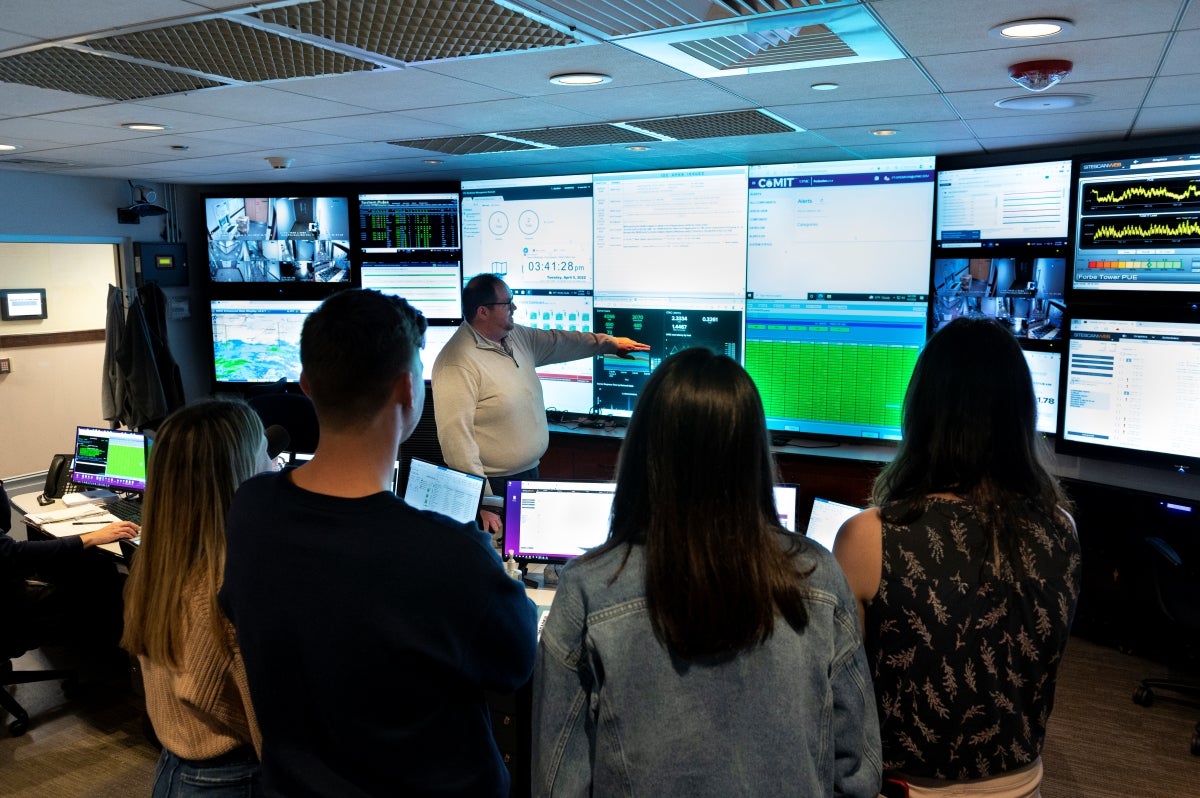
Communication Science: More than just a steppingstone to Audiology or Speech-Language Pathology
While a necessary path to graduate programs like Speech Language Pathology and Audiology, 25% of Communication Science (BS) students do not apply for graduate programs. This flexible, communication-focused degree sets students up for success in a variety of settings.
Read More
Nutrition Science student reflects on SHRS’ unique collaborative research opportunities
Giavanna Gulino is a senior studying Nutrition Science. Gulino shares her experiences in the program and the insight into her research opportunities!
Read More
A Passion for Emergency Medicine and a Drive to Help Others
When Emma Thomas (EM '25) discovered the Pitt Emergency Medicine program, she found a passion that is setting her path for a successful career in medicine and helping others.
Read More
Bachelor of Science in Health Informatics (BSHI) – Student Career Development
The Bachelor of Science in Health Informatics program helps students explore their internship opportunities early on, setting them up for success in their post-degree career.
Read More
Dietitian Nutritionist Program Sports Nutrition Specialty Experience: Mia Huber
Mia Huber shares her experience in the Sports Nutrition specialty rotation within the Dietitian Nutritionist program at SHRS.
Read More



